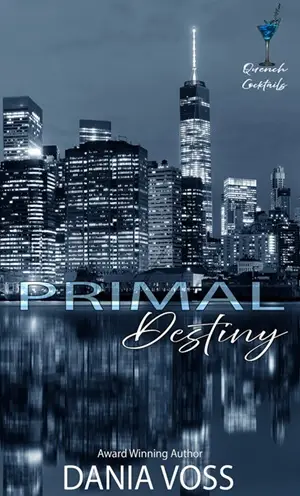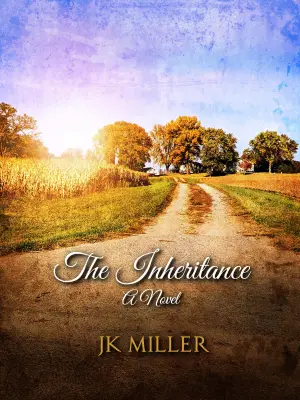I recently finished reading No Country for Old Men by Cormac McCarthy, and I must confess, I was drawn to this book primarily because of its reputation. As a big fan of crime fiction, I often seek out novels that not only deliver a gripping story but also present profound themes. With accolades like "profoundly disturbing and gorgeously rendered" from The Washington Post, it was hard for me to resist diving into this tale set against the stark backdrop of the Texas-Mexico border.
The novel opens with the character Llewellyn Moss discovering a pickup truck surrounded by dead bodies and a load of cash and heroin. This pivotal moment sets off a spiraling chain of violence that draws in the aging sheriff, Ed Tom Bell, who is as haunted by his past as he is troubled by the current state of lawlessness. McCarthy’s writing is indeed lyrical and compelling, pulling you in seamlessly while painting vibrant scenes. The well-developed characters and their interactions elevate the narrative, eliciting a visceral response that is rare in contemporary fiction.
One of the standout features of the book is McCarthy’s ability to create tension. The pacing is relentless, and the dialogue often feels like a dance of wits underlined by a looming sense of menace. In the words of James Barton Phelps, the prose can draw you right into the action, especially when Moss first encounters the horrific scene in the desert. McCarthy’s ear for dialogue also shines, allowing readers to hear the distinctive Texas twang, making characters feel lifelike.
However, there are aspects that might not sit as comfortably for all readers. As noted by several reviewers, including Phelps himself, the narrative can be convoluted and may leave you with more questions than answers. The ambiguity around the characters’ motives and identities, particularly how everything ties together by the end, can be frustrating. I found myself pondering what McCarthy was really trying to say, much like Phelps. At times, it felt as if I needed a map of West Texas to truly follow the unfolding drama.
On another note, while the suspense is expertly crafted, some readers might find the ending anticlimactic, as it lacks a clear resolution — a sentiment shared by some customers. It’s intentionally vague, reflecting the chaotic and often inscrutable nature of life itself. This aspect might indeed leave a reader yearning for closure that McCarthy adamantly refuses to provide.
In contrast, Sir Charles Panther pointed out that the philosophical undercurrents and McCarthy’s examination of masculinity and moral choices are where the novel shines. The overarching question of whether one is "ready to be a man when the time comes" resonates deeply, especially against the harsh realities faced by the characters. In this way, McCarthy avoids being merely a crime novelist; he elevates his work by infusing it with existential inquiries.
Ultimately, No Country for Old Men met and exceeded my expectations in many respects while simultaneously challenging me to grapple with its complex layers. McCarthy’s sparse yet evocative prose makes for an immersive reading experience, even when it can be perplexing at times. I appreciate the way the book reflects on the changes in societal values — a poignant commentary on the crime-ridden landscape that mirrors contemporary issues.
In conclusion, I would highly recommend No Country for Old Men to anyone interested in thought-provoking literature that marries crime drama with existential themes. Just be prepared for a winding journey filled with ambiguity, and take heed that it may leave you pondering long after you’ve turned the final page. I rate this book a solid 4.5 out of 5 stars. It’s a triumph of a novel, one that showcases McCarthy as a masterful storyteller whose work deserves a place on your bookshelf.








